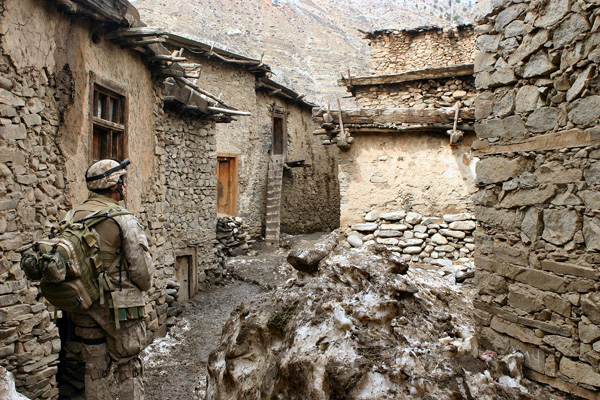Hezbollah leadership targeted as Lebanon crisis deepens

[Photo Credit to Pixabay]
On September 28, following what Lebanese sources described as an Israeli airstrike targeting Hezbollah leader Hassan Nasrallah, reports indicate that his designated successor, Hashem Safieddine, has reportedly been targeted in another airstrike.
A Lebanese security source confirmed that Hezbollah has lost contact with Safieddine after an Israeli strike on Friday.
This escalation has intensified hostilities between Israel and Hezbollah, with ground fighting in Lebanon leading to rising civilian and military casualties, threatening to destabilize the region further.
The rapid increase in violence is coupled with the September 17 incident, when hundreds of Hezbollah-operated communication devices, known as "bomb pagers," exploded simultaneously across Lebanon.
The explosions, resulting in at least nine deaths and thousands of injuries, have had a devastating impact on communities heavily populated by Hezbollah members.
Intelligence sources say these devices were deliberately modified to contain explosives, raising ethical concerns about such military tactics.
On Saturday, Israel launched additional airstrikes on Hezbollah strongholds in southern Beirut, which has been subjected to daily attacks as part of Israel’s ongoing bombing campaign.
The Lebanese health ministry says that over 1,400 people have been killed and more than one million displaced since the violence began, creating a humanitarian crisis.
Meanwhile, Hezbollah has reported new clashes with Israeli forces in southern Lebanon, where Israel is executing a ground offensive.
In a rare airstrike near Tripoli, northern Lebanon, Israel killed a senior figure in Hamas' military wing, expanding the conflict beyond Hezbollah's strongholds.
Amid these developments, tensions with Iran are growing as the expansion of fear and terror has been devastating to innocent civilians.
Israel has not provided the United States with assurances that it will refrain from targeting Iranian nuclear sites, according to a senior U.S. State Department official speaking on condition of anonymity.
This revelation comes as the region braces for Israel's potential retaliation following what officials described as an Iranian missile barrage earlier in the week, raising concerns about a broader regional conflict.
International pressure for diplomatic intervention has intensified.
Military analysts and humanitarian organizations say Israel’s military strategy, including the targeting of civilian infrastructure such as communication devices linked to Hezbollah, demonstrates a troubling disregard for civilian lives.
Experts note that the use of explosive devices that target both combatants and non-combatants presents considerable challenges under international law.
Sources familiar with the matter confirm the bomb pagers were manufactured by a Hungarian factory allegedly connected to Israeli intelligence, highlighting the increasingly complex intersection of technology and conflict.
Analysts have criticized the dire situation, saying that the crisis has severely impacted Lebanon’s already fragile economy and infrastructure.
Hyperinflation is rapidly devaluing the Lebanese pound, while services continue to deteriorate.
Widespread electricity outages and lack of clean water have further destabilized the nation, according to humanitarian organizations.
Despite the mounting humanitarian crisis, Lebanon faces challenges securing foreign aid, particularly from Western nations, as strained relations persist with the USA and the EU.
Diplomatic sources say the need for international mediation and a reevaluation of military strategies that better protect civilian lives remains paramount.

- Joseph Shin / Grade 11 Session 7
- Valley Christian High School

![THE HERALD STUDENT REPORTERS [US]](/assets/images/logo_student_us.png)
![THE HERALD STUDENT REPORTERS [Canada]](/assets/images/logo_student_ca.png)
